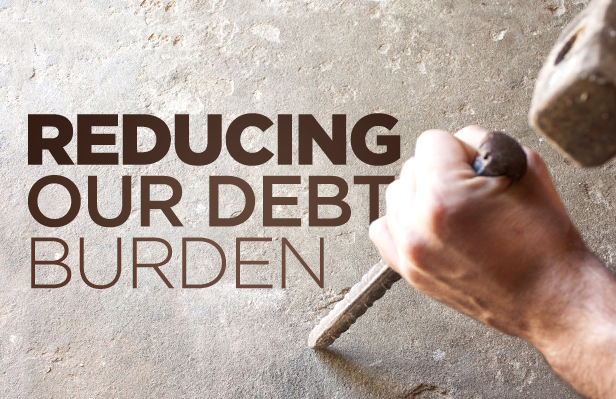Media

Lawmakers Move to Protect Posterity
The State House recently passed two bills designed to chip away at the commonwealth’s mountain of debt—12th highest among states as recently as 2012, and only growing since.
The first—House Bill 928—would impose annual spending limits on new Redevelopment Assistance Capital Program (RACP) projects and Public Improvement Projects (PIP). The second—House Bill 930—would lower the RACP debt ceiling by $50 million each year starting in 2018 until it reaches $2.95 billion in 2027. The ceiling is currently $3.45 billion, due to a similar reformed passed in 2013.
Restraining government’s borrowing power helps keep more money in the pockets of workers, who can spend it on their own needs rather than having it siphoned away to pay for government debt. Leaving spending decisions with the people who earn their money also benefits the economy.
But not everyone is convinced. Some say the bills would hurt investment in the state (paywall):
“Make no mistake about it, House Bill 928 means a reduced RACP program,” said [House Democratic Appropriations Chair Joe] Markosek. “It means less investment in our communities. It means fewer projects and ensures that inflation will eat away at the buying power of those projects. It means less matching dollars invested by businesses, and less matching dollars invested by other private entities who want to create jobs here in Pennsylvania.”
Is a reduced RACP program necessarily a bad thing? A recent Mercatus Center study authored by Dr. Adam Millsap suggests not:
Instead of spending time and energy inventing new products or improving production processes, entrepreneurs are incentivized to expend resources pursuing government grants. Since the grant is simply a transfer of resources from one group to another—in this case from taxpayers to the winning businesses—the resources spent acquiring the grant do not create new output…
Critics of debt reduction believe government spending adds to the economy. But government has no money of its own. Only taxation, borrowing, and inflation make government spending possible, and all take resources out of the private sector, hurting job and income growth.
Moreover, reducing government debt doesn’t mean “less investment in our communities.” It means government will take less from the private sector, enabling people to invest in their own communities.
Contrary to what some say, if government doesn't do it, it doesn't mean it won't get done.